Signet
Signet has grown over the past 55 years into Australia's leading packaging company with a national footprint of production and warehouse facilities located in Brisbane, Sydney, Melbourne, Townsville and Perth.
The Challenge
Since the beginning, chemical manufacturing has been the heart of the Signet business. Founded in 1968, John Winson established Ace Marking Equipment, where he began manufacturing and selling inks to help businesses mark and identify their products, later changing the business name to Signet in 1989.
Signet has expanded its chemical manufacturing capabilities over the past four decades from inks to paints and aerosols, producing up to 10 product lines and 9,000 aerosol cans daily at their Brisbane Colourpack factory.
Recent changes to the Global Classifications and Labelling of Chemicals (GHS) provided challenges for Signet's Colourpack factory. Under the new regulations, it was mandatory Colourpack updated their systems, knowledge, and current product labels to achieve full compliance by January 1, 2017. They required a flexible cost-effective and user-friendly labelling solution, capable of adapting to changing compliance standards and maintaining Signet's supply chain efficiency.
The Solution
To help Signet achieve full GHS compliant labels, insignia recommended a labelling solution that provided flexibility to adapt to different product lines and requirements. This solution comprised of three elements:
Signet-branded Overprint Thermal Transfer Labels and Thermal Ribbon
Overprint labels offer the premium quality of a branded label, and the flexibility to incorporate variable information, to print labels on-demand. The Signet-branded overprint labels are the foundation for Colourpack's GHS-compliant labels. The labels are pre-printed with Signet's branding and required nonspecific GHS label information, such as manufacturing information, SDS reference and red hazard pictogram diamonds. As required by Colourpack's production schedule, the labels are then printed on demand with the relevant product information and GHS pictograms.
BarTender Barcode Labelling Software
Colourpack uses BarTender software to design GHS-compliant label templates - the variable data to be printed onto the overprint labels on-demand as each batch is produced. This variable data includes required signal words, pictograms, hazard statements, precautionary statements, product identifiers and a list of ingredients and proportions.
BarTender software provides the Colourpack team with a quick-response solution to transition each type of label to comply with GHS.
Datamax-O'Neil M-Class Desktop Industrial Thermal Printer
The Datamax-O'Neil industrial label printer is ideally suited for the harsh environmental conditions experienced in the Colourpack factory. This reliable industrial printer produces high-resolution GHS compliant labels printed on demand at high speeds, keeping pace with Colourpack's challenging production schedule.
The Outcome
This label printing solution ensured Colourpack achieved full compliance by the required implementation date. The solution was planned and deployed seamlessly into Colourpack's factory, and meant that existing production speed & volume was protected and customer demands met.
From custom overprint labels, to the industrial Datamax-O'Neil printer and BarTender software, each component of the solution plays a fundamental role in creating GHS-compliant labels.













